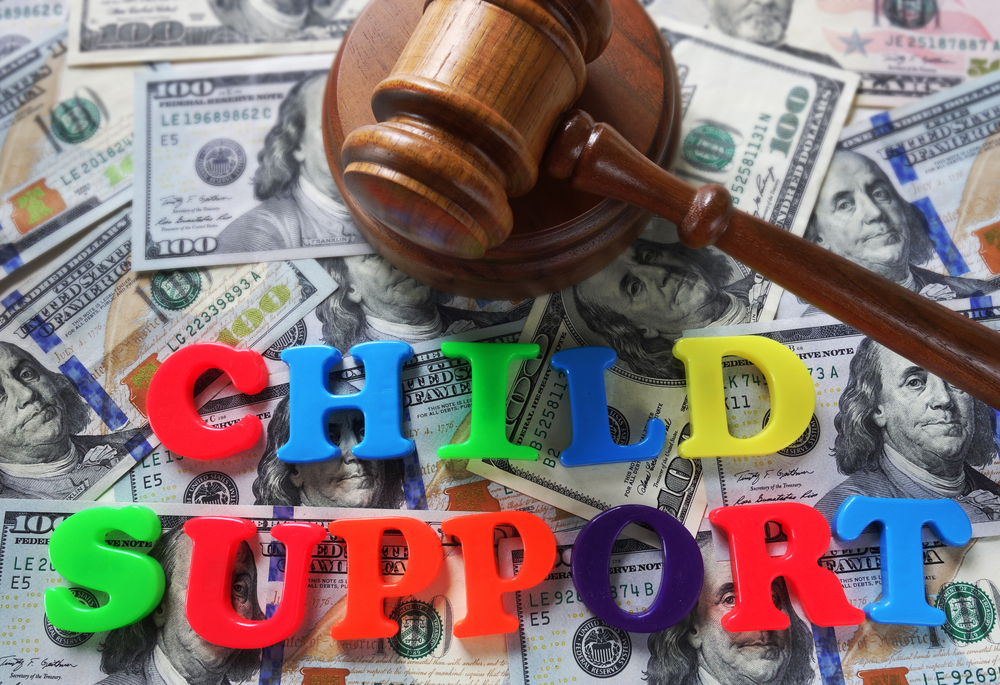What Are Grounds for Modifying Child or Spousal Support?
It would seem logical that spousal support (also known as alimony) or child support amounts that were agreed upon as part of a divorce might be subject to change if one or both of the former spouses remarries. But it’s not always that simple.
California has specific reasons and time frames for when support orders can be modified. There may be exceptions, but they can be complex to pursue.
Spousal Support Types
California offers two types of spousal support.
- Temporary spousal support. This is a type of support that a judge may order during the divorce process to ensure that each spouse is financially sound during the proceedings. An example would be if one spouse was a stay-at-home parent and the other was a high income-earner. This usually ends once the divorce is finalized.
- Long-term spousal support. As the term implies, this is meant to provide support after the divorce is finalized for a more extended period of time. It’s often arranged so that the recipient has the financial means to find employment or develop the skills necessary to earn a living. The court may order a specific end date for the support. The length of the marriage can play a role in how this is ordered; if the marriage lasted ten years or more, it may become permanent support. For marriages lasting less than ten years, the court may order support for half of the marriage’s duration.
Modifying Spousal Support
If the couple agrees to modify spousal support, they can sign an agreement and present it to the court, which will likely approve it. If they don’t agree, the spouse requesting the modification will need to petition the court. The circumstances under which the court will consider the modification include:
- Remarriage or cohabitation. If the recipient remarries or lives with someone else with whom they share financial resources and expenses, the court may agree to modify or end the spousal support.
- Significant changes in income. Suppose there are significant changes in either party’s income, including job loss, the recipient becoming self-supporting or receiving an inheritance, or the paying spouse retiring. In that case, support may be changed or canceled.
Remarriage, then, is one of the circumstances in which spousal support may be modified or canceled.
Child Support Modifications After Remarriage
Changing child support payments in California must meet specific guidelines according to California law. The bottom line for the court is what’s in the child’s best interests. It’s vital to understand that even if both parents agree, they must still put it in writing and before the court, or the change may not be considered legally valid.
Many believe that child support payment amounts will change if either parent remarries. But the reality is that the court isn’t guaranteed to approve a change in payments due to remarriage. The biological parent is still considered legally responsible for the child, and the stepparent doesn’t necessarily have a legal obligation to support a stepchild financially. However, that doesn’t mean that a change may not be approved.
Suppose the custodial parent who receives child support remarries and the household income is significantly higher (and the new spouse is willing to provide for the child). In that case, the court may agree to lower the support amount.
If either parent remarries and has children as part of the newer marriage, that may affect the amount of child support. For example, if the parent paying support has children in the subsequent marriage, they may have to balance the needs of both children. But the court isn’t likely to accept this at face value; they will expect to receive detailed financial proof.
What Factors Do the Courts Look at When Considering a Child Support Modification?
The first and foremost consideration is the child’s best interests. A change that’s viewed as being detrimental to the child’s physical and emotional welfare is going to have a difficult time succeeding. However, there are various considerations the courts also look at, including the following:
- Parenting time arrangement changes. When there’s a change that causes a parent to have physical custody of the child more than in the original order, that may be grounds for changing the amount owed.
- The child’s needs change. This can involve anything from unexpected medical expenses to increased educational or childcare costs.
- Financial change. If one parent loses their job or faces a steep reduction in income, they may apply for modification. This could also work the other way if one parent receives a new job or raise that significantly increases their income.
- Unexpected disability. This could involve either parent becoming disabled and unable to afford child support payments.
- Criminal convictions. If the paying parent is convicted of a crime and sent to jail, they won’t be able to provide child support.
- Military deployment. Members of the military who end up on deployment may have difficulty making support payments on time or at all.
There are other situations that might affect how much child support should be paid. If you’re unsure of your situation, contact an experienced child support attorney.
What Should I Do if I Need Help with a Child or Spousal Support Case?
Call Tomassian, Pimentel & Shapazian as soon as possible at 559-277-7300 to set up a consultation. There are strict guidelines for when someone can or cannot modify child or spousal support obligations. We can guide you through the specifics of your case to see what your rights may be and help you develop a case if you meet the guidelines.






